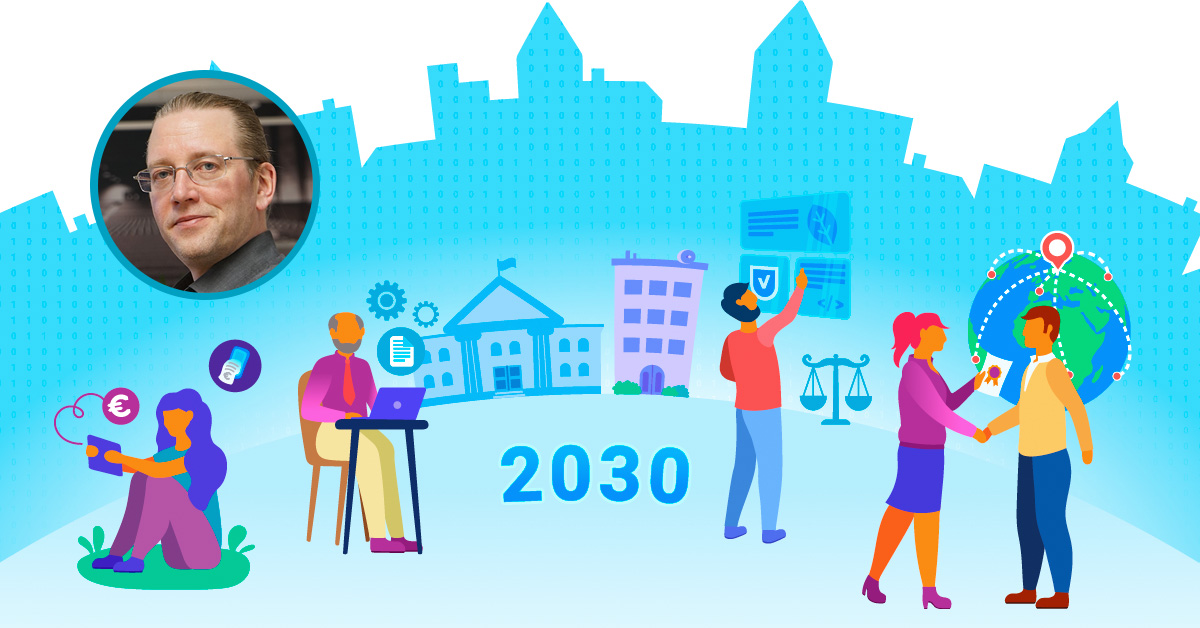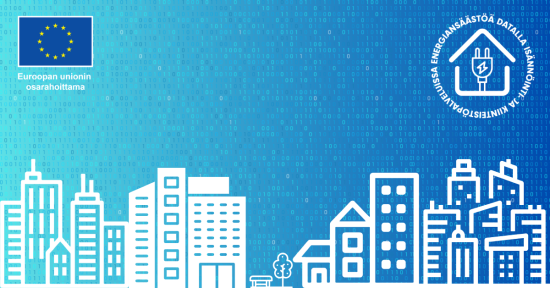E-invoicing provides the foundation for AI-based solutions, and the AI software developed by Taika Group for Verdis is an excellent example of this. Verdis (formerly Urbaser) is a waste management company whose needs were the basis for the partnership with Taika Group.
“Verdis receives hundreds of purchase invoices every day, and processing them manually would be a huge task. The project started by considering whether invoice processing could be automated, and if so, how far automation could go. In the end, we made good progress,” says Tero Sainomaa of Taika Group.
The AI solution, developed between Taika Group and Verdis, reads purchase invoices, identifies the content and allocates the invoices to the correct accounts, all automatically, before they are sent for approval. With AI, the invoice processing process has become much faster and the risks of errors have been reduced.
“The technology is very accurate when it does the accounting, and it reduces the chance of human error along the way,” Sainomaa says.
Consistent data essential for AI
E-invoicing data is the basis for AI solutions. One of the biggest obstacles Taika Group faced in the Verdis project was the lack of data consistency.
According to Sainomaa, although there is an online invoicing standard in place in Finland, in practice companies use a variety of versions and e-invoicing formats.
“This makes data processing challenging and the job of the AI software more difficult, because it has to deal with a wide range of different types and levels of data.”
According to Sainomaa, the project showed how important it is that all invoices are sent and received in a consistent format. With high-quality and consistent data, AI can operate more efficiently and accurately.
“The project involved a lot of experimentation, thinking about how to make all the different formats work at the same time, when the data was often not consistent at all.”
Eventually, however, the AI software was able to handle a large number of complex invoices, and has brought significant benefits to the company.
AI can save up to an entire workday per day in financial management
The prospects for the use of AI in financial management are promising. In the coming years, it will play a key role in automating and streamlining financial management processes.
In the Verdis project, the use of AI has brought marked savings in working time. According to Sainomaa, the savings have already exceeded half a person-day per day, and they continue to grow as the company’s operations expand. “The more incoming invoices the company receives and the higher their quality, the greater the savings achieved.”
Sainomaa estimates that the use of AI in financial automation will grow a great deal. For example, AI can be used to almost entirely automate the processing of purchase invoices. The software can process most invoices without human intervention, freeing up finance professionals for more important tasks.
Future financial management relies on combining e-invoicing and AI
The Verdis case shows that the use of AI in e-invoicing can significantly benefit businesses, but these can only be fully realised if all invoices are internet-based and the data is consistent.
In the future, e-invoicing and AI are likely to become increasingly intertwined. AI-based software can make e-invoicing smarter and more efficient.
For instance, AI can learn to identify trends and anomalies in invoice data that would be hard for humans to detect. However, AI can only make effective use of e-invoicing data if the data has been standardised and is easily accessible.
In the future, companies will use e-invoicing not only as a financial management tool; it will also be integrated into their wider business processes. For example, AI can help companies analyse invoice data and use it to make strategic decisions such as optimising procurement or managing risks.
The combination of e-invoicing and AI offers efficiency, accuracy and unprecedented possibilities. To remain competitive and exploit the full potential of digitalisation, companies should adopt these technologies as soon as possible.
Roadmap to e-invoicing: the route to financial management of the future
- The e-invoicing 2030 roadmap is a strategy for the development of digital financial management in Finland. The aim is that by 2030, all invoicing in Finland will be carried out as standard e-invoicing.
- The roadmap is a plan that defines the concrete steps, timelines and responsibilities to achieve the e-invoicing vision.
- The purpose of the roadmap is to help businesses and the public sector to exploit the full potential of e-invoicing, make financial management more efficient and create the basis for new business opportunities.
- The e-invoicing roadmap highlights the importance of collaboration: for the goal of 100% e-invoicing to be achieved, public and private sector organisations need to work closely together.
- The roadmap is necessary because technology alone is not enough – changes in practices and training, as well as increased awareness are also needed to realise the full benefits of e-invoicing.
- The roadmap for e-invoicing is one of the themes of the Verkkolaskufoorumi e-invoicing forum autumn seminar, to be held on 14 November 2024. Sign up now!
Collaborate with TIEKE?
Want to help organizations in themes such as digital competence, data economy, real-time economy, or sustainability? Partner with us!
TIEKE Finnish Information Society Development Centre is a non-profit organisation founded in 1981 aiming to develop, improve and support a thriving information society and all its digital endeavours.
We help organizations in various ways:
- Projects and initiatives
- Networking and ecosystem work
- Surveys and studies
- Expert services and advice
- Webinars, online trainings and coaching programmes
- Materials and guides
We have a track record working in various project roles: coordination, partner, expert, comms and more.
We run around 15 projects per year and are familiar with instruments such as CERV, Erasmus, ERDF and ESF.
We work with wide array of target groups such as SMEs, large companies, educational organizations, public sector and associations.
Don’t hesitate to get in touch to discuss collaboration opportunities with us!










